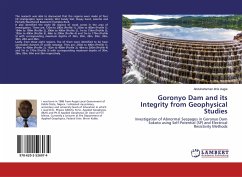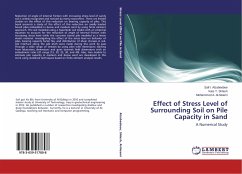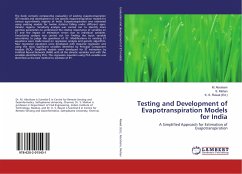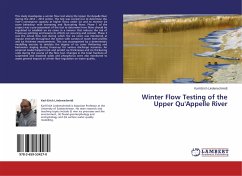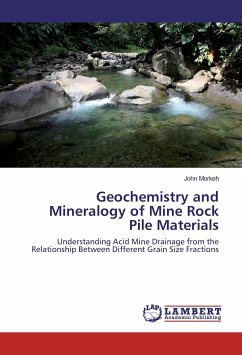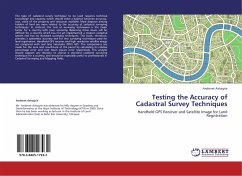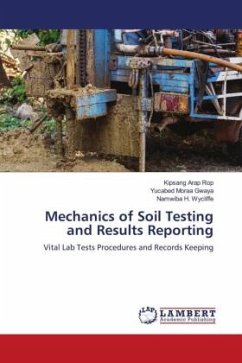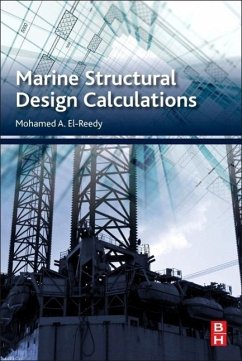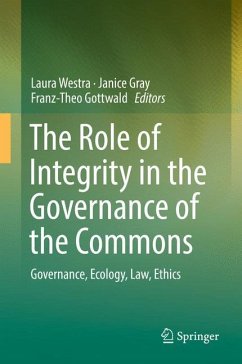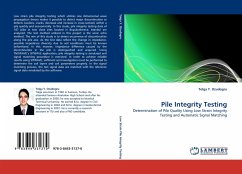
Pile Integrity Testing
Determination of Pile Quality Using Low Strain Integrity Testing and Automatic Signal Matching
Versandkostenfrei!
Versandfertig in 6-10 Tagen
39,99 €
inkl. MwSt.

PAYBACK Punkte
20 °P sammeln!
Low strain pile integrity testing which utilizes one dimensional wave propagation theory makes it possible to detect major discontinuities or defects (cavities, cracks, decrease and increase in cross-section) within a pile quickly and economically. In this study, pile integrity testing data of 187 piles in two close sites located in Buyukcekmece, Istanbul are analyzed. The test method utilized in this project is the sonic echo method. The aim of this study is to detect occurrence of discontinuities along the pile axis. As the test data reflect the change in impedance, possible impedance divers...
Low strain pile integrity testing which utilizes one dimensional wave propagation theory makes it possible to detect major discontinuities or defects (cavities, cracks, decrease and increase in cross-section) within a pile quickly and economically. In this study, pile integrity testing data of 187 piles in two close sites located in Buyukcekmece, Istanbul are analyzed. The test method utilized in this project is the sonic echo method. The aim of this study is to detect occurrence of discontinuities along the pile axis. As the test data reflect the change in impedance, possible impedance diversity due to soil conditions must be known beforehand. In this manner, impedance difference caused by the discontinuities in the pile is distinguished and acquired. Using TNOWAVE's SITWAVE application, pile integrity testing is simulated and signal matching procedure is executed. In order to achieve reliable results using SITWAVE, sufficient soil investigation must be performed to determine the soil layers and soil parameters properly. In the signal matching process, the test signal data are matched with the reference signal data simulated by the software.



